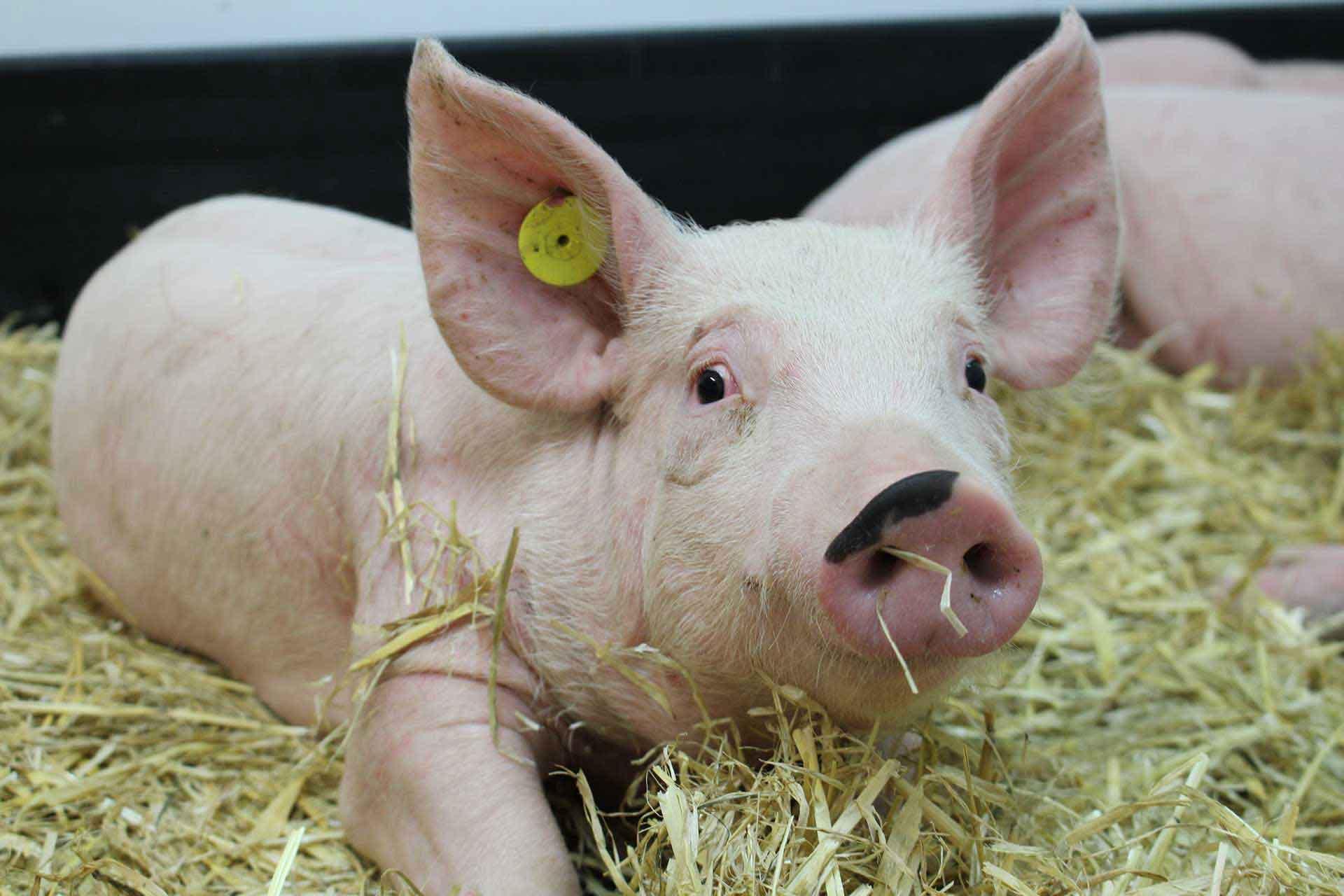A novel murine cytomegalovirus vaccine vector protects against Mycobacterium tuberculosis
Tuberculosis remains a global health problem so that a more effective vaccine than bacillus CalmetteGuérin is urgently needed. Cytomegaloviruses persist lifelong in vivo and induce powerful immune and increasing (inflationary) responses, making them attractive vaccine vectors. We have used an m1m16-deleted recombinant murine CMV (MCMV) expressing Mycobacterium tuberculosis Ag 85A to show that infection of mice with this recombinant significantly reduces the mycobacterial load after challenge with M. tuberculosis, whereas control empty virus has a lesser effect. Both viruses induce immune responses to H-2drestricted epitopes of MCMV pp89 and M18 Ags characteristic of infection with other MCMVs. A low frequency of 85A-specific memory cells could be revealed by in vivo or in vitro boosting or after challenge with M. tuberculosis. Kinetic analysis of M. tuberculosis growth in the lungs of CMV-infected mice shows early inhibition of M. tuberculosis growth abolished by treatment with NK-depleting antiasialo ganglio-N-tetraosylceramide Ab. Microarray analysis of the lungs of naive and CMV-infected mice shows increased IL-21 mRNA in infected mice, whereas in vitro NK assays indicate increased levels of NK activity. These data indicate that activation of NK cells by MCMV provides early nonspecific protection against M. tuberculosis, potentiated by a weak 85A-specific T cell response, and they reinforce the view that the innate immune system plays an important role in both natural and vaccine-induced protection against M. tuberculosis.
Back to publications
